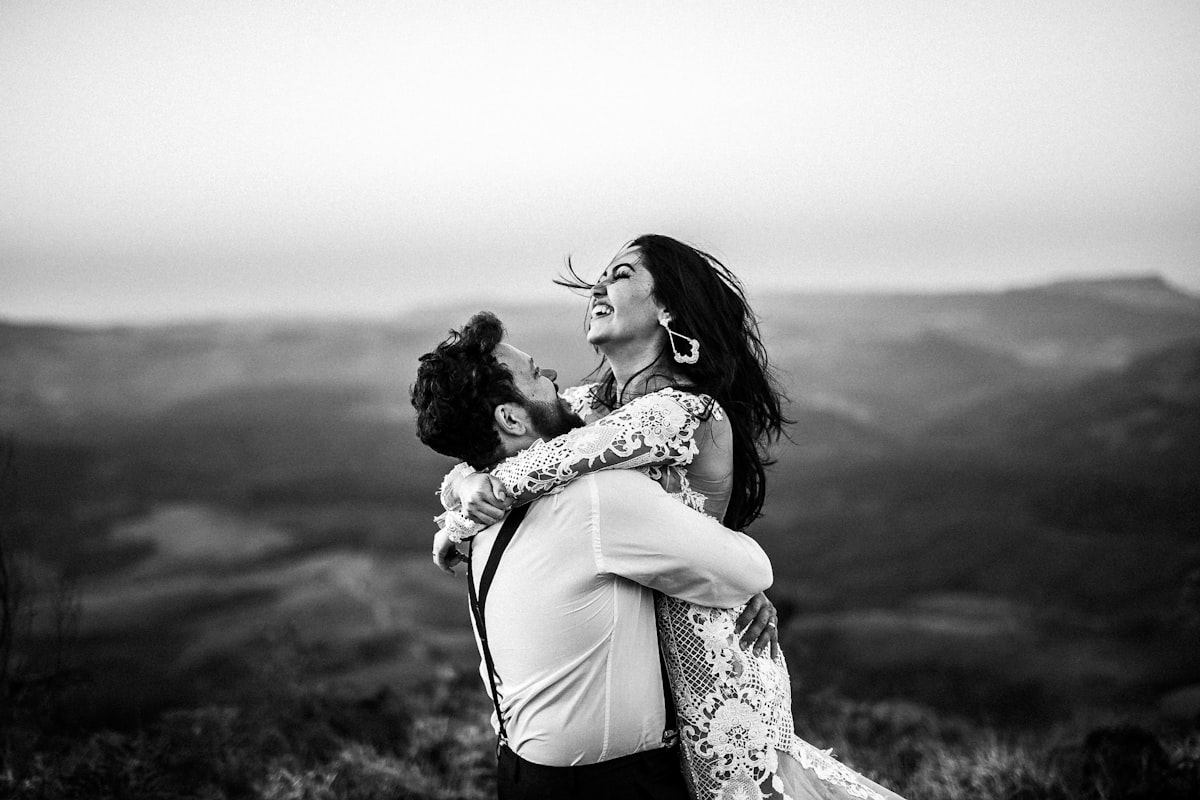freedom: the essence of true love

“You must love in such a way that the person you love feels free.” ― Thich Nhat Hanh
Love, at its purest form, is not possessive or controlling; rather, it embodies liberation, understanding, and compassion.
True love transcends possessiveness and control. Instead of confining the person we love, it liberates them. It is essential to recognize that love is not about exerting power over someone, but about creating an atmosphere of trust and respect that empowers the other person to be their real, authentic selves. By relinquishing possessiveness, we foster an environment where love can thrive organically.
Every individual possesses personal boundaries that define their comfort zones, limits, and desires. Loving someone in a liberating manner necessitates a profound respect for these boundaries. Respecting the autonomy and personal space of our loved ones strengthens the foundation of trust and creates an atmosphere where individuals can explore their own identities without fear of judgment or control.
“Human beings naturally and instinctively resent, and will rebel against, other people who try to take away their freedom or control them,” Coach Corey Wayne explains, “Love is about giving. The purpose of all relationships is that you go there to give. The moment you start trying to possess or control a lover who has a healthy self-esteem, is the moment that you will start driving them away from you and causing them to lose interest. The strongest way to create attraction is to love them, but to give them the freedom to choose you, someone else or no one at all.”
When we love in such a way that our partner feels free, we not only enhance their well-being but also enrich our own lives. Embracing this approach to love allows us to experience profound happiness, fulfillment, and lasting connections with those we cherish.
As author and spiritual mentor Chaitanya Charan puts it, “Freedom is the foundation of love; love is the culmination of freedom; their harmonization is the perfection of life.”
FUN FACT
Polar bears have black skin. And actually, their fur isn’t white—it’s see-through, so it appears white as it reflects light.


